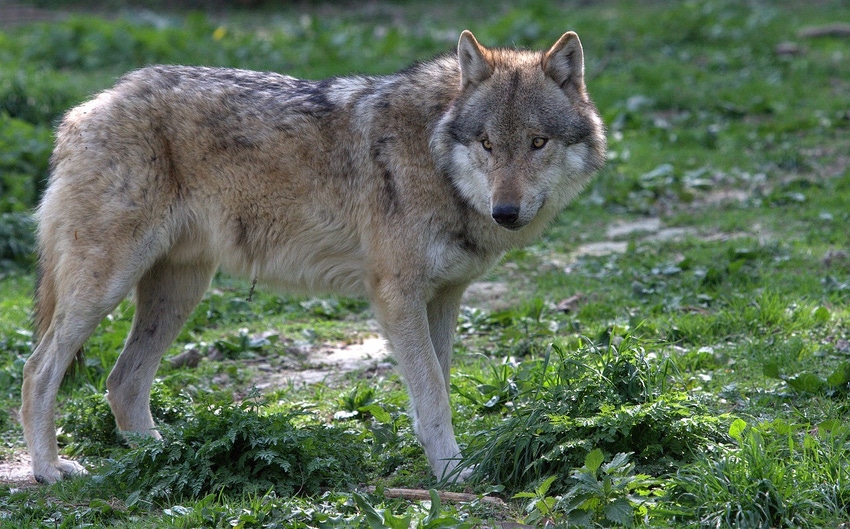Judge denies request to delay wolf introduction in Colorado
State livestock groups disappointed, exploring options.

Colorado Cattlemen’s Association (CCA) and Gunnison County Stockgrowers Association (GCSA) are disappointed that forced wolf introduction will move forward as planned. Judge Regina Rodriguez denied the requested injunction against the introduction of wolves.
“Having considered the arguments set forth by the parties, the court finds that, while the petitioners who have lived and worked on the land for many years are understandably concerned about possible impacts of this reintroduction, neither these possible impacts nor their assertions under the Administrative Procedures Act are sufficient for this court to grant the extraordinary relief they seek,” Judge Rodriquez states. “For the reasons set forth below, the petitioners’ motion for TRO (temporary restraining order) is denied.”
The court also found claims of potential harm “speculative.”
“At the hearing, petitioners’ witnesses described their concerns regarding livestock losses as ‘worries’ about what ‘might’ happen to their livestock,” Rodriguez write. “The record before the court does not substantiate a likelihood of imminent livestock losses, particularly in the context of a request for emergency relief. Data submitted to the court by the conservation groups, and not rebutted by petitioners, demonstrate that in other states with hundreds or thousands of wolves, predation affects mere fractions of a percent of total livestock populations.”
Rodriguez further adds that CPW is required under state law to pay fair compensation to owners of livestock for any losses of livestock caused by gray wolves. CPW is offering compensation up to $15,000 per animal for livestock losses.
“Although the court does not discount the significance of these economic losses, were they to occur, they are compensable with money damages and thus cannot suffice to support a showing of irreparable harm,” she writes.
Even with this setback, CCA and GCSA say they remain committed to the livestock producers and rural communities most affected by wolf introduction and will ensure the claims put forth in the case are addressed.
“Results show that Proposition 114 passed by a narrow margin in 2020. The will of the people must be respected, but the experiential knowledge of ranchers cannot be ignored. Wolf introduction in our state should not be moving forward without consideration of all the impacts, especially for the livestock, wildlife, and communities most affected,” says Robert Farnam, CCA President.
The court’s decision doesn’t downplay the real implications of wolf introduction on the livelihoods of livestock producers. Challenging compliance with the National Environmental Policy Act (NEPA), that would have analyzed all of the impacts of an introduction, was the right thing to do. The agricultural and other communities are held to that standard every day.
As for the next steps, CCA and GCSA said they will study the court’s ruling and consider all of the alternatives after conferring with legal teams.
“This is a setback to our legal strategy but not the end of our efforts,” they say.
About the Author(s)
You May Also Like




.png?width=300&auto=webp&quality=80&disable=upscale)
